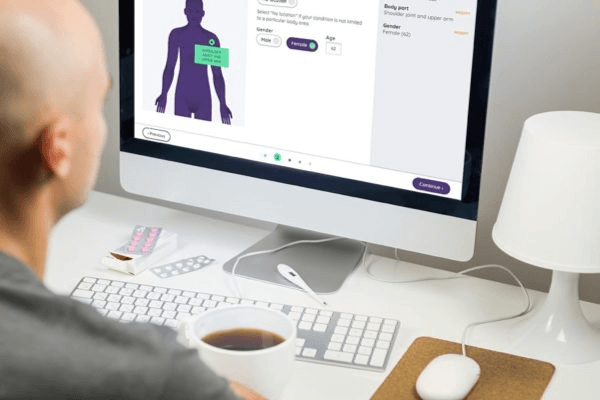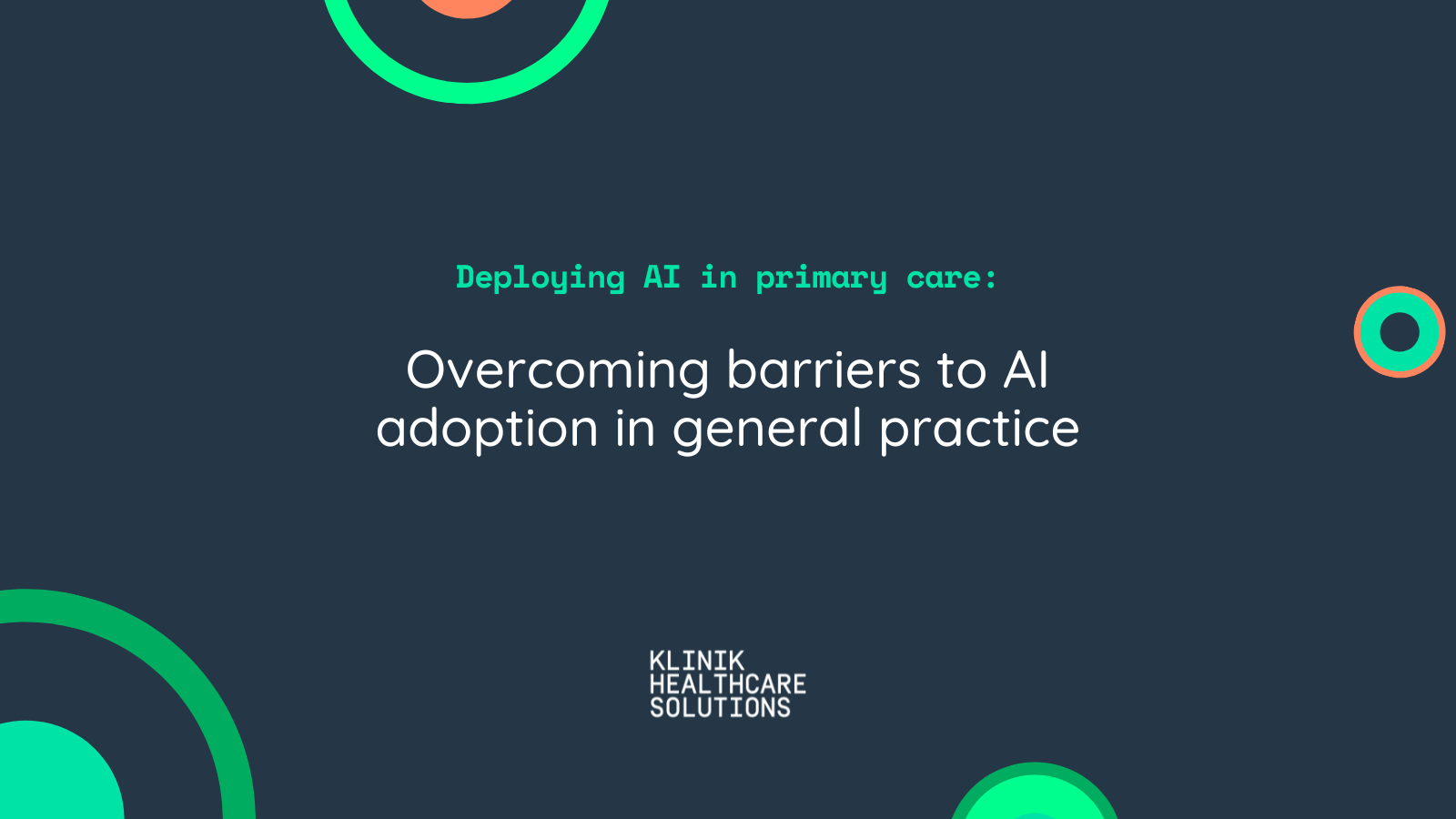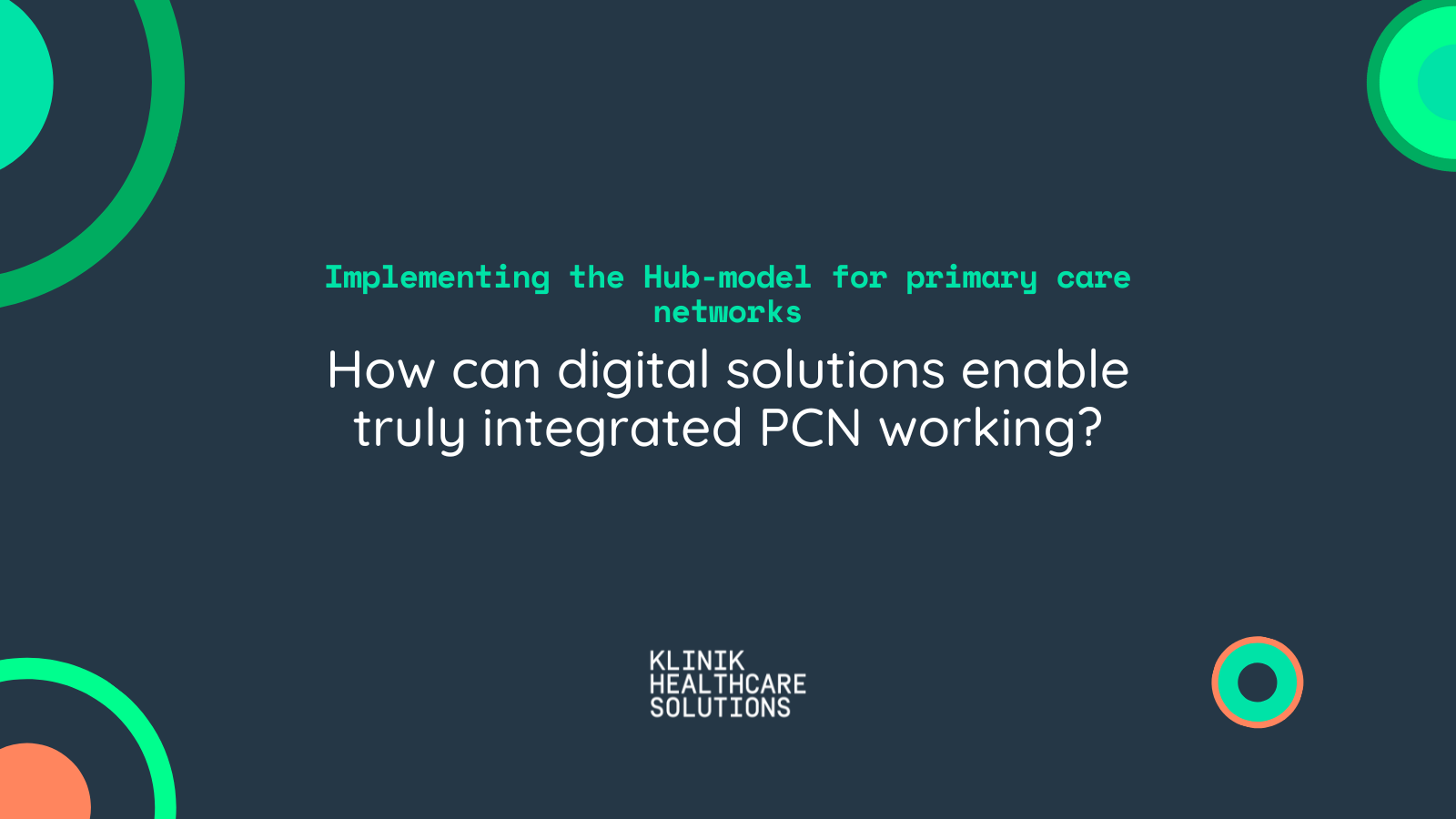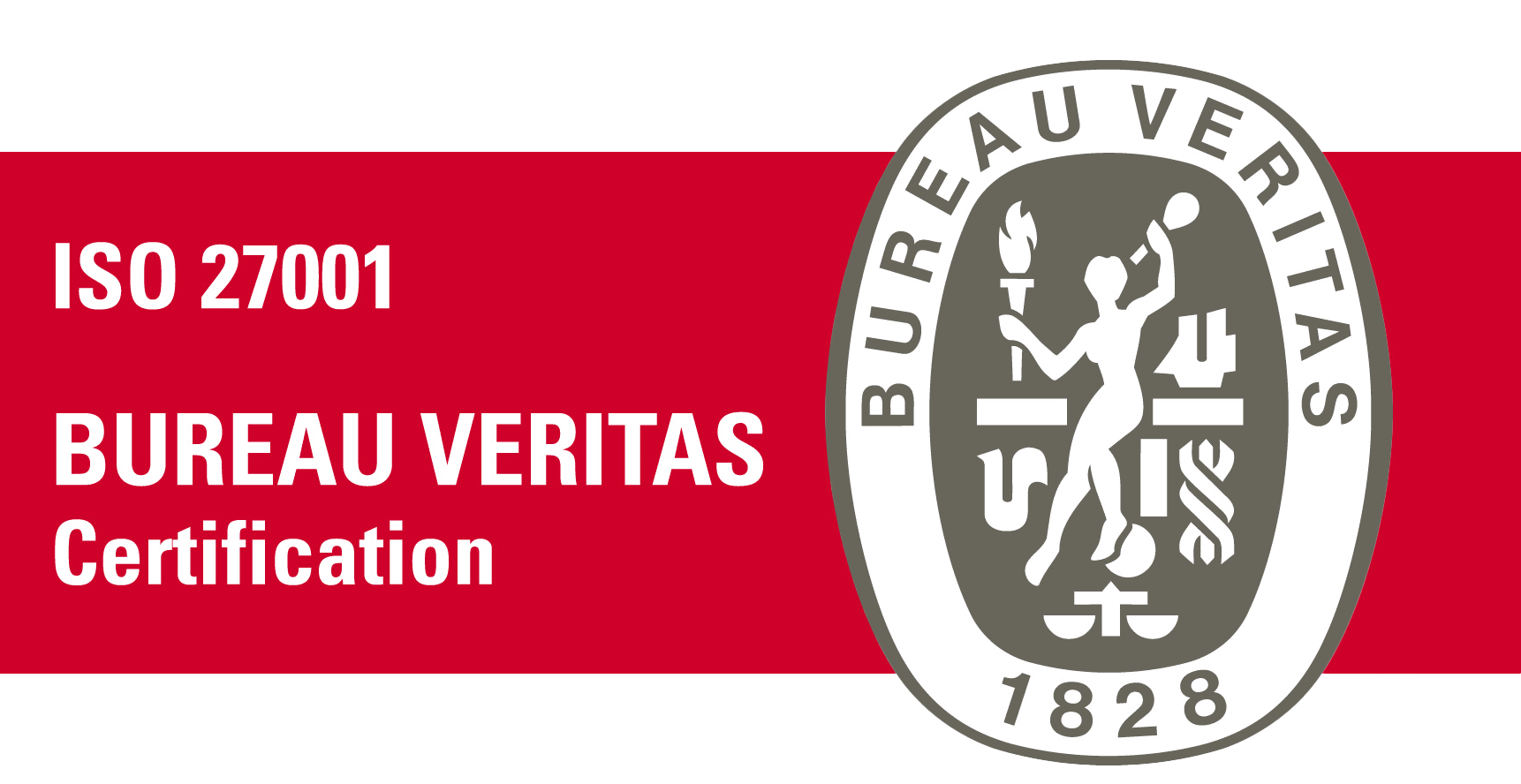Could a Finnish AI model be the answer to streamlining UK’s health service?

NHS GP waiting times are at their all-time worst but things are set to improve as the leading Nordic tech firm Klinik Healthcare Solutions, launches a ground breaking algorithm to take charge of the triage process and automate patient flow for ultimate efficiency.
It would not be a day of the week without some media coverage uncovering raging inefficiencies and a shortage of resources in the NHS: doctors, nurses and entire medical teams overstretched nationwide with no obvious solution. But utilising the latest artificial intelligence (AI) technology to step in where human labour is acutely scarce, might just be the answer.
This is the thinking behind Klinik Healthcare Solutions’ new collaboration of healthcare and AI, a model first used in Finland, which is now rolling out around the world. Their unique browser-based service runs on a medical algorithm to act as the first port of contact for individuals with their healthcare system. Patients input their symptoms, answer a series of questions and through a thorough analysis of this user input (such as age, gender, symptoms and duration).
As such, the programme can then make a comparison with a comprehensive database of over 1,000 conditions and associated symptoms. Within seconds this advanced technology can determine the individual’s condition, urgency and avenue of treatment, therefore, a streamlined approach directs patients to the right place, in good time to receive proper care. The near-perfect accuracy and impressive time-saving of this method if automation is one that frees up the time of medical staff, thus, allowing them to be allocated to more crucial tasks aligned with their skill level.
A valid concern in creating such a programme was that existing medical staff would feel side-lined or their skill set replaced but, in fact, the inverse has been reported. Trials of Klinik in Finland’s Central Ostrobothnia have shown staff are fully supportive of the new online service and welcomed the new way it enables them to work. With such precise preliminary data and effective patient flow, medical staff have been able to treat individuals in a timely manner and offer positive customer service, which has removed a huge amount of stress from their job roles.
GP’s in the UK are currently allocated ten-minute appointments with their patients in which to assess and evaluate symptoms and propose a path of care, which is a near-impossible task in such time constraints. The vision of Klinik Healthcare Solutions is to remove such time-consuming administration so it will no longer be necessary for patients with minor ailments to physically go to a healthcare centre.
To assess the financial benefits of such a forward-thinking scheme, researchers at Aalto University’s HEMA Institute (the Institute of Healthcare Engineering, Management and Architecture) in Helsinki, Finland, studied whether there is a link between the treatment costs of patients and the use of an AI-based healthcare system that directs patients to the correct care. The study examined the Klinik service during its first five months of use at the Myyrmäki Health Center in Vantaa and the result was that the tool brought a 14% saving in the average service costs per patient, translating to a €31 cost reduction per patient during the period of study.
Petteri Hirvonen MD, COO of Klinik Healthcare Solutions and one of its founding members, considers the cost reduction of 14% to be a meaningful result. “This is, even in international terms, a significant demonstration of the potential impact of AI-based solutions in healthcare processes. It is crucial that the impact of digital solutions is studied, instead of just going ahead based on assumptions,” explains Hirvonen.
But who is behind this robotic health system? Interestingly, an extensive team of experienced doctors and medical professionals including GPs, emergency team specialists and even dentists offering real-life experience in how to diagnose and treat patients with real medical and emotional needs. The AI element is monitored and constantly taught new things by them so as to ensure an up-to-date solid medical foundation.
“We are definitely not just a software company,” stresses Hirvonen. “Medicine is an integral part of our daily operations and decision-making. I was previously an on-call emergency physician, travelling around Finland and I’ve seen more than 100 healthcare units with an infinite number of different work processes.”
So what’s next? “Targeting GP surgeries to help them modify patient access and improve workflow”, says Ben Wood, UK Director of Operations & Sales for Klinik Healthcare Solutions. “Right now we’re working alongside medical schools, GP federations and patient groups in the UK to localise our solution in preparation for our UK launch during 2019. This work is critical to ensure we deliver the best possible service to GPs and, in turn, help them to deliver the best experience to their patients.”
Paramount to all this, the Klinik Healthcare Solutions AI model has the ability to supply consistent healthcare and uniform quality of service no matter what the patient location is; something that’s impossible to achieve solely through human input. With an all-inclusive attitude that everyone deserves a straightforward, efficient symptom diagnosis and treatment plan, it is easy to see that AI technology could well be the way forward to offer the gold standard of medical evaluation on a global scale.








